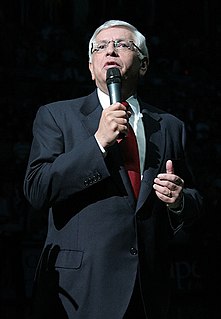A Quote by Zhang Xin
Our company has only been active in Beijing and Shanghai, two very market-dominated cities. This was an advantage. Land is purchased here in public auctions, in a transparent way. When you do real estate development outside Beijing and Shanghai it is good to have "guanxi" - good relations within the local government.
Related Quotes
When we started out, we were among the first. Beijing had no and Shanghai had very few large buildings. At that time, it was all about building, building, building - and then selling, selling, selling. We were working like a manufacturer. Soon, however, we realized that land was running out in Beijing and Shanghai. So we started keeping our buildings, and managing and renting them out. We became landowners. That was the second act.
When we started out, we didn't really think that the era of great opportunity would end one day. We were much too busy developing our companies. But in today's China you can build a city, even a mega-city like Beijing or Shanghai, within 10 or 15 years. And then you are done. So in real estate development, the Gründerzeit is over. But that is not the case in other sectors.
While certain coastal cities have become very prosperous, the rest of China has a per capita income of $200 a year. The coast wants to have nothing to do with the interior; it wants to work with Tokyo and New York. This is an old story in China. It is why Mao succeeded in 1927. He wanted [coastal] Shanghai to throw the foreigners out, but Shanghai was doing too well financially [to expel foreigners]. So Mao went to the interior and raised a peasant army. He came back to Shanghai and sealed off the country.
































